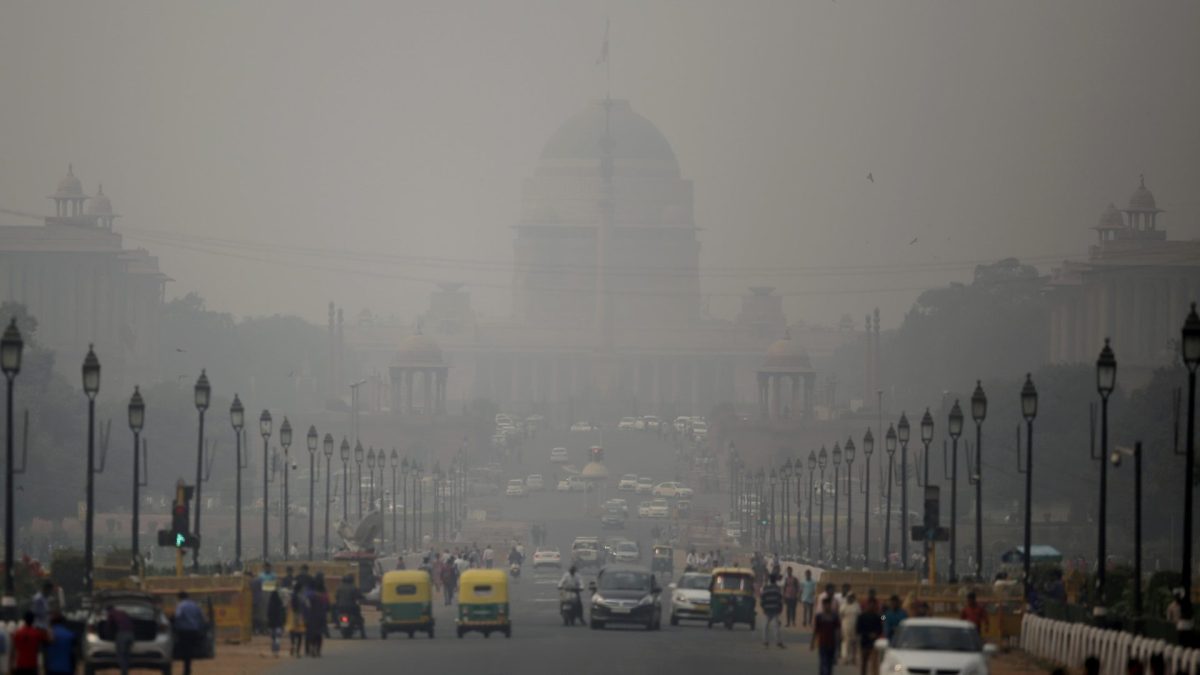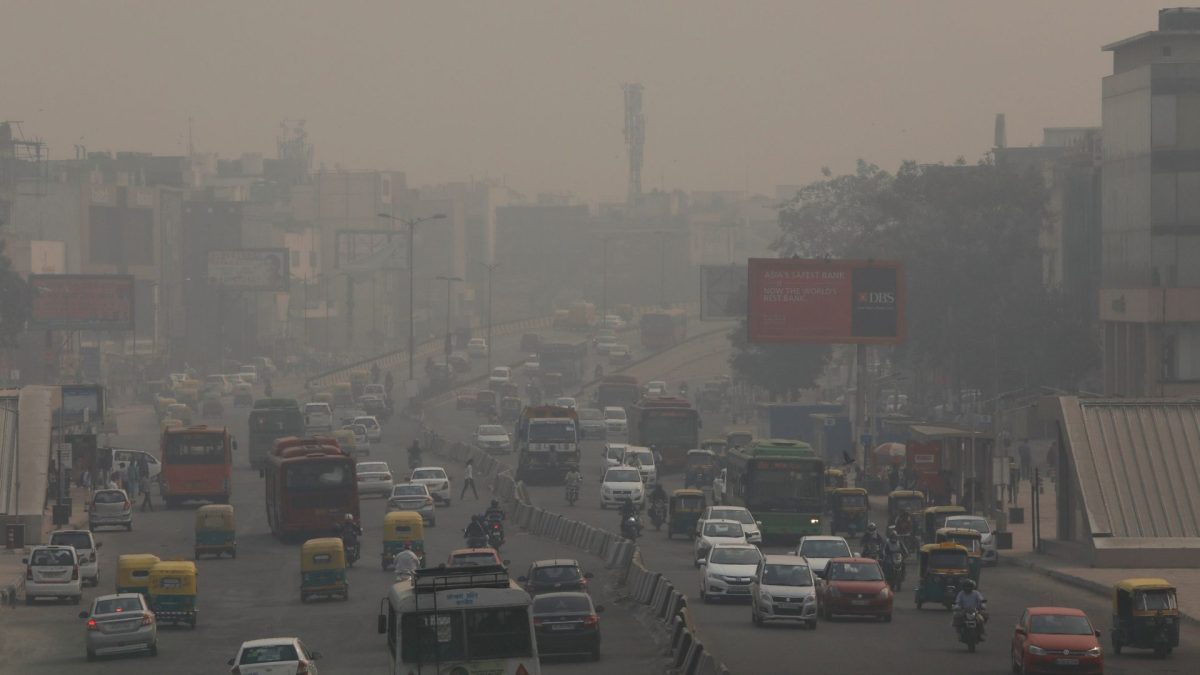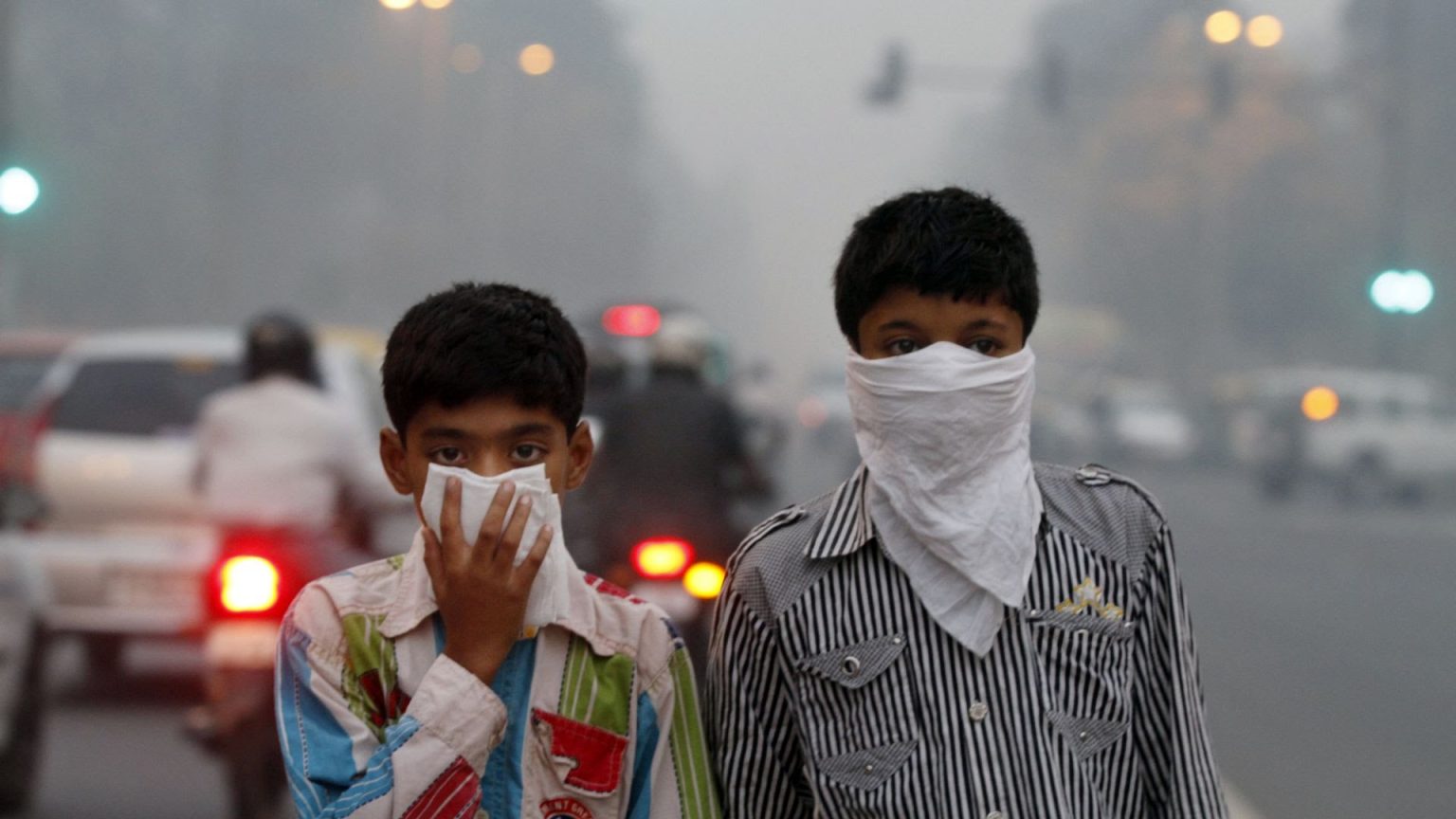A study found that air pollution has a substantial influence on people’s health worldwide by contributing to the rise in antibiotic resistance.
This correlation has grown stronger over time, the study, which was published in the Lancet Planetary Health journal, shows, as air pollution rises simultaneously with alarming increases in antibiotic resistance.
Researchers from the UK and China examined data that had been gathered over the previous 20 years and discovered that air pollution is a problem in every nation.
Globally, 1.27 million people died prematurely due to antibiotic resistance in 2019. As a result, it is crucial to examine the relationship between air pollution and antibiotic resistance.
It has been found that PM 2.5 contains genes and bacteria that are resistant to antibiotics. Antibiotic-resistant bacteria can be inhaled by humans who breathe contaminated air.

The bloodstream and lungs can be affected by PM 2.5, which are minute airborne particles. The World Health Organization (WHO) has established a 5 g/m3 limit for PM 2.5. However, the majority of nations have not achieved the WHO-recommended limits.
In the recent years, antibiotic resistance has become a source of concern. It can occur for a variety of reasons, including using over-the-counter antibiotics, not taking them for the recommended amount of time, and bacteria getting into industrial waste. Through interaction with animals, water, soil, or air, one can become exposed to bacteria that are resistant to antibiotics.
Due to antibiotic resistance, a lot of people are having trouble recovering from illnesses like pneumonia, TB, gonorrhoea, and salmonellosis. In addition to other factors, misuse of antibiotics can result in antibiotic resistance. It must be addressed immediately as it is spreading quickly over the world.
The World Health Organization (WHO) estimates that the disease burden brought on by air pollution is now comparable to other significant global health concerns.
In some circumstances, incredibly small air pollution particles can even get through the blood-brain barrier and directly harm the neurons. But as PM 2.5 is so small and may get deep into the lungs, it has grown to be a major source of worry for authorities all around the world.

Long-term suffering from air pollution results in chronic illnesses like heart disease, asthma, and lung cancer, which ultimately reduce life expectancy.
Coughing, wheezing, and asthma attacks are the direct effects of exposure to high pollution levels, and they cause an increase in hospital and general practitioner visits across the globe.
According to the study, which is the first comprehensive global examination of potential connections between the two, reducing air pollution may aid in reducing antibiotic resistance. It further said that reducing air pollution could significantly lower the number of fatalities and financial losses brought on by diseases with antibiotic resistance.
Although air is known to be a direct mechanism for the spread of antibiotic resistance, little is known about the various routes by which air pollution transmits antibiotic resistant genes.
Hospitals, farms, and sewage-treatment plants are examples of places where antibiotic-resistant particles are released into the air and then spread across large areas.
The authors consulted sources such the World Health Organization, European Environment Agency, and the World Bank for covering data from 116 nations from 2000 to 2018.
According to the data, antibiotic resistance rises with PM2.5, with an increase in antibiotic resistance of 1.1% for every 10% increase in air pollution.












